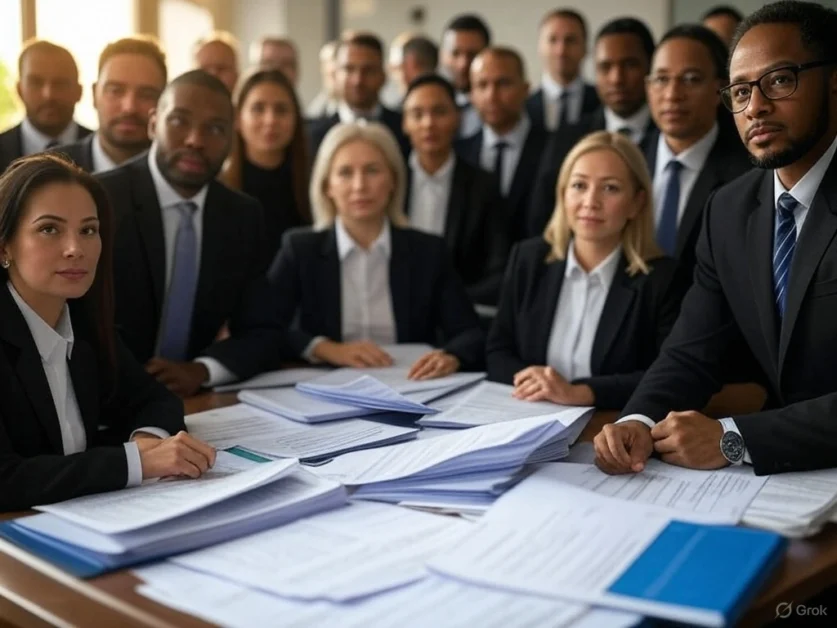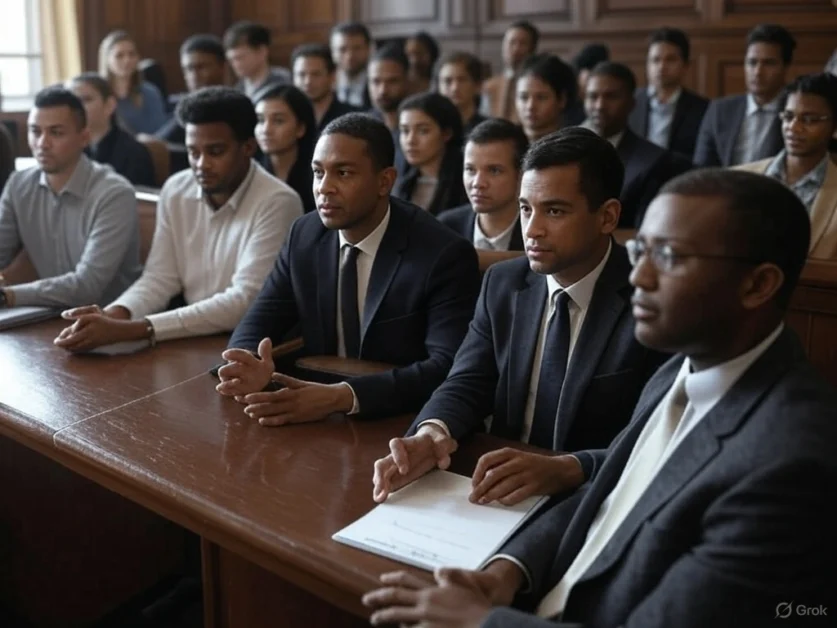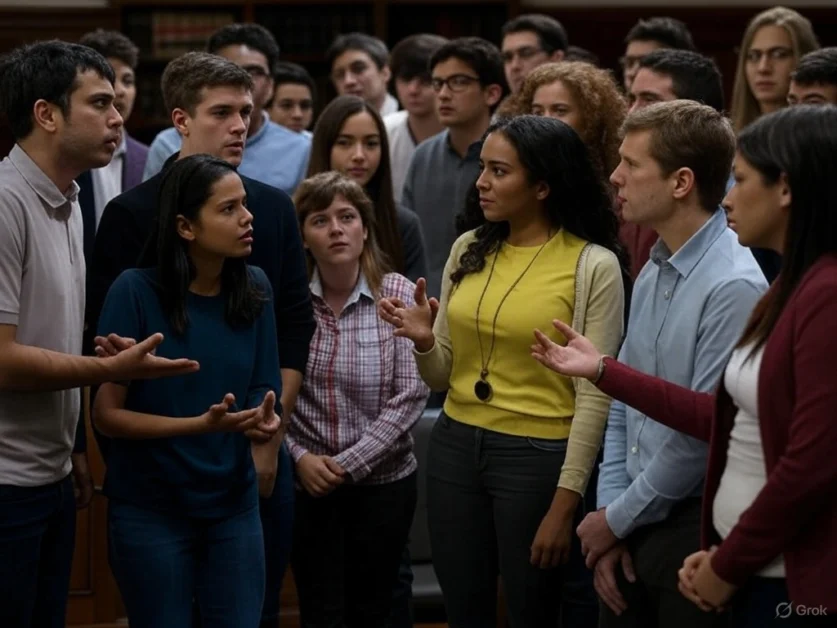Due Process Rights in School Disciplinary Actions
The intersection of constitutional protections and school discipline creates a complex legal landscape where student rights must be balanced against educational institutions’ need to maintain order and safety. When schools take disciplinary action against students, fundamental questions arise about what process is due and how constitutional protections apply in the educational setting. These questions touch […]
Due Process Rights in School Disciplinary Actions Read More »









